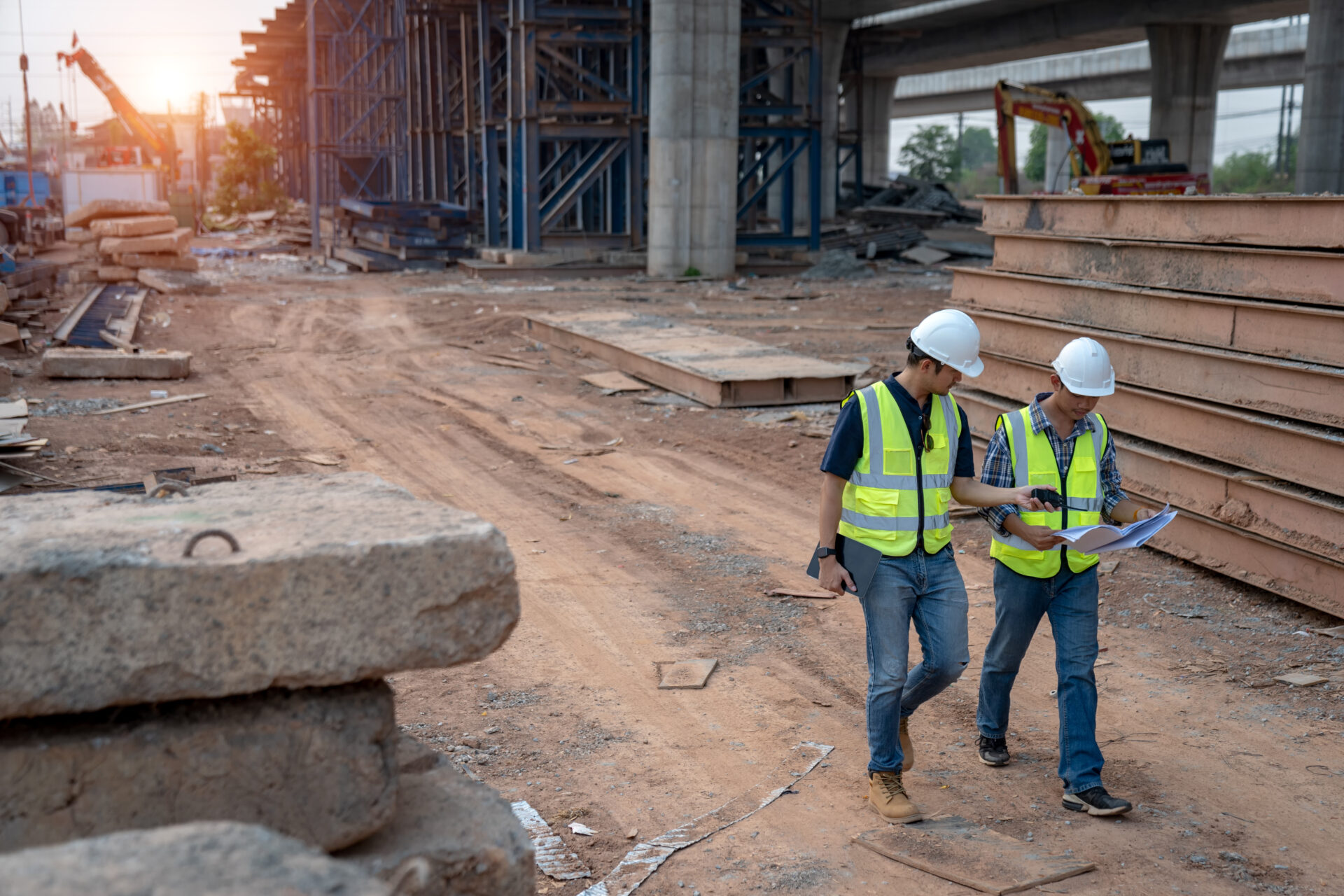Mental health support has increased in the construction sector, according to research from the Chartered Institute of Building (CIOB) found.
The ‘Understanding Mental Health in the Built Environment 2025’ report showed more than three-quarters of workers had been encouraged to join in support events like Mental Health Awareness Week.
More than half of those surveyed said they had access to a mental health first aider at work.
However, the report found 28% of people said they had experienced suicidal thoughts in the past year, and 17% did not feel confident to approach a colleague who might be struggling.
Daisie Barnett, policy development manager at CIOB and author of the report, said: “This survey follows a similar report CIOB published in 2020, just before the Covid-19 pandemic.
“We were interested to see how the industry has responded, particularly in the wake of the pandemic and the data gives us mixed results.
“We know working in construction is not without its physical and mental challenges, so it is incredibly encouraging to see the increase in support available to the workforce.”
54% of people said they had mental health first aiders available at their place of work, up from 35% in 2020.
More than a third (35%) said they now have scheduled one-to-one meetings with their managers and 77% have been encouraged to get involved with awareness events.
One in four (24%) people working in the industry have experienced stress daily over the past year.
20% have experienced daily fatigue, and more than a quarter have felt suicidal at least once over the past year.
Barnett said: “In an ideal world, nobody working in the industry would experience any mental wellbeing concerns at all.
“While that vision might be slightly unrealistic, CIOB believes there is still far more the industry and government can do to support the people working in the construction sector.”
She added: “Clearly, there is more work to do, and our report sets out some excellent starting points for both businesses and the government to consider.
“Firstly, we would like to see more company leaders commit their business to the Mental Health at Work Commitment, which is a simple framework that builds off the Thriving at Work standards.
“More companies need to mandate monthly 1-1 check-in meetings between managers and their direct reports that focus on mental wellbeing, fatigue management plans, and induction processes that promote integration and the importance of wellbeing to new staff.”
She said: “Managers need better training in identifying and managing poor mental health.
“Even for micro businesses, there are free webinars online to help people better equip themselves with an understanding of mental health issues.”
The CIOB called on the Government to reduce financial stress on small businesses by reviewing the Fair Payment Code and looking at making it mandatory for large contractors.
The report recommended updating the Suicide Prevention Strategy for England, drawing on experience from Australia, and ensuring the Men’s Health Strategy properly addresses mental health in high-risk sectors like construction.
Sam Downie, managing director of Mates in Mind, said: “We know that training is a crucial step in building positive mental health in and through work, in order to embed a proactive culture of prevention.
“Educating all employees and workers across your supply chain to spot the signs of mental ill-health, have the confidence to start a conversation about it and be able to signpost further support, is crucial.
“It is through normalising conversations about mental health, that we are able to address the stigma that surrounds it, and it is education, and practice of course, that gives people the confidence to start those important conversations.”
Downie added: “In addition, for those in management positions, it is also important to know how and when to assess and mitigate the risk of stress.
“Even though employers have a legal duty of care to protect workers from stress at work by doing a risk assessment and acting on it, almost 70% of respondents in our survey, said that their line managers would not know how to undertake stress risk assessments or understand when they may be necessary.”
















